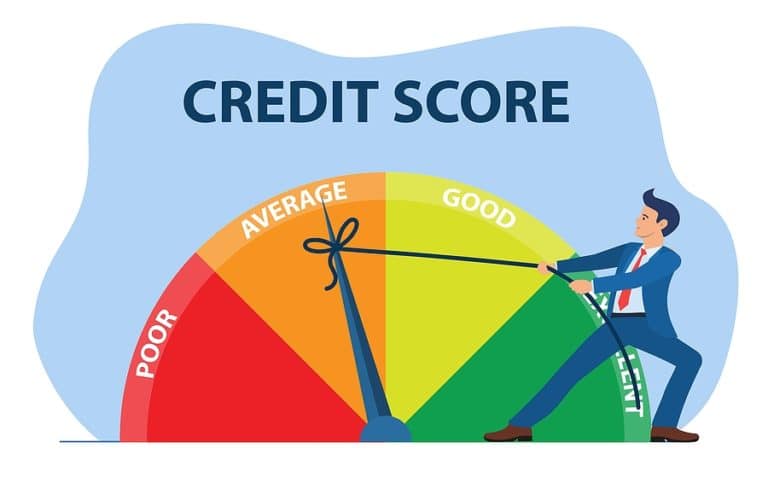If you’ve ever tried to rent an apartment or buy a house, take out a loan or open a credit card, chances are you’ve heard about your credit score. Credit even plays a part in which cell phone you can purchase and whether you need to pay a deposit when putting utilities accounts in your name. If you work in an industry that works with someone’s finances are requires security clearance, your credit report could even affect whether a business hires you. Your credit score affects nearly every part of your daily life. Understanding the intricacies behind that three-digit number could mean the difference between true success or financial stress.
Where Your Credit Score Comes From
“What is a credit score?” isn’t just a question asked by teenagers first entering the adult world. Many people in their 30s, 40s, and even 50s still don’t understand exactly what it is or how it comes to be. Simply put, the number shows lenders, employers, and landlords how much of a risk working with you would be. The score is based on the information in your credit report, which provides a comprehensive list of your open credit accounts, such as loans or credit cards, as well as closed ones. The reports also detail whether you accounts are in good standing or delinquent. There are different types of credit scores. Lenders who may provide you with financing for buying a house or car are more likely to pull your FICO credit score. However, VantageScore is an excellent educational tool that was created by the three major credit bureaus: TransUnion, Experian, and Equifax.
Factors Considered in Your Credit Score
Only distinguished experts in the industry know the specific algorithm that determines someone’s credit score, but other experts have been able to break the score down into five factors and a rough idea of their order of importance. Typically, your credit score is based on your payment history, how much money you owe (known as utilization), the length of your credit history, the different types of credit you have, and how much of it is new, in that order.
Your payment history accounts for about 35% of your score. Lenders want to see what you pay your bills on time, and missing even one payment can knock your score down by quite a bit. The second most important factor is how much you owe at about 30%. The less you still owe, the higher your score will be. How long you’ve had a credit history matters to the amount of about 15% of your score. A long history shows you’ve managed credit and understand the ins and outs better than someone who is just starting out.
Finally, your credit mix and how much of it is new account for about 10% each. There are different types of credit, and the more you’ve used responsibly, the higher your score will be. Be care of how often you seek credit, though. New inquiries, especially done often, are considered risky, so only apply for credit or open new accounts if you absolutely need to.
Credit Score Ranges
FICO and VantageScore both use a range of 300-850 to determine whether your number is excellent, poor, or somewhere in the middle. People who have a score of 720 or higher have excellent credit and are typically able to secure any type of financing they apply for. People who have credit scores below 630 have poor credit. Finding financers is typically harder and requires more collateral, larger down payments, and higher interest rates. The lower the score, the less likely someone is to find funding.
Most people fall somewhere in the middle with a fair score (630-689) or a good score (690-719). Most people in this range can easily secure home loans, buy new cars, and so on, although they may find better terms through one lender compared to another. Typically, people who are fresh out of high school and in college, as well as those who are of retirement age, have the best credit scores.
Tips for Building and Maintaining Good Credit
Building from no credit or improving bad credit is essential for stress-free finances. If you don’t have the means to be approved for a traditional credit card or loan, consider a secured credit card. These cards have you make a deposit upfront as your credit limit. Use it like a regular credit card, make payments on time, and watch as your score begins to rise. Working with a co-signer, such as a parent or other relative, or becoming an authorized user on someone else’s card can also raise your score some. As an authorized user, you don’t even need to use the card. Just having your name on the account will raise your score. Finally, use your credit card only when needed, don’t apply for cards close together, and make your payments on time.Don’t feel that you need to build or repair your credit by going it alone. Contacting a finance expert to help you get on top of your credit report will make it easier for you to buy a home, own a car, or simply live a less stressful life in the future.




